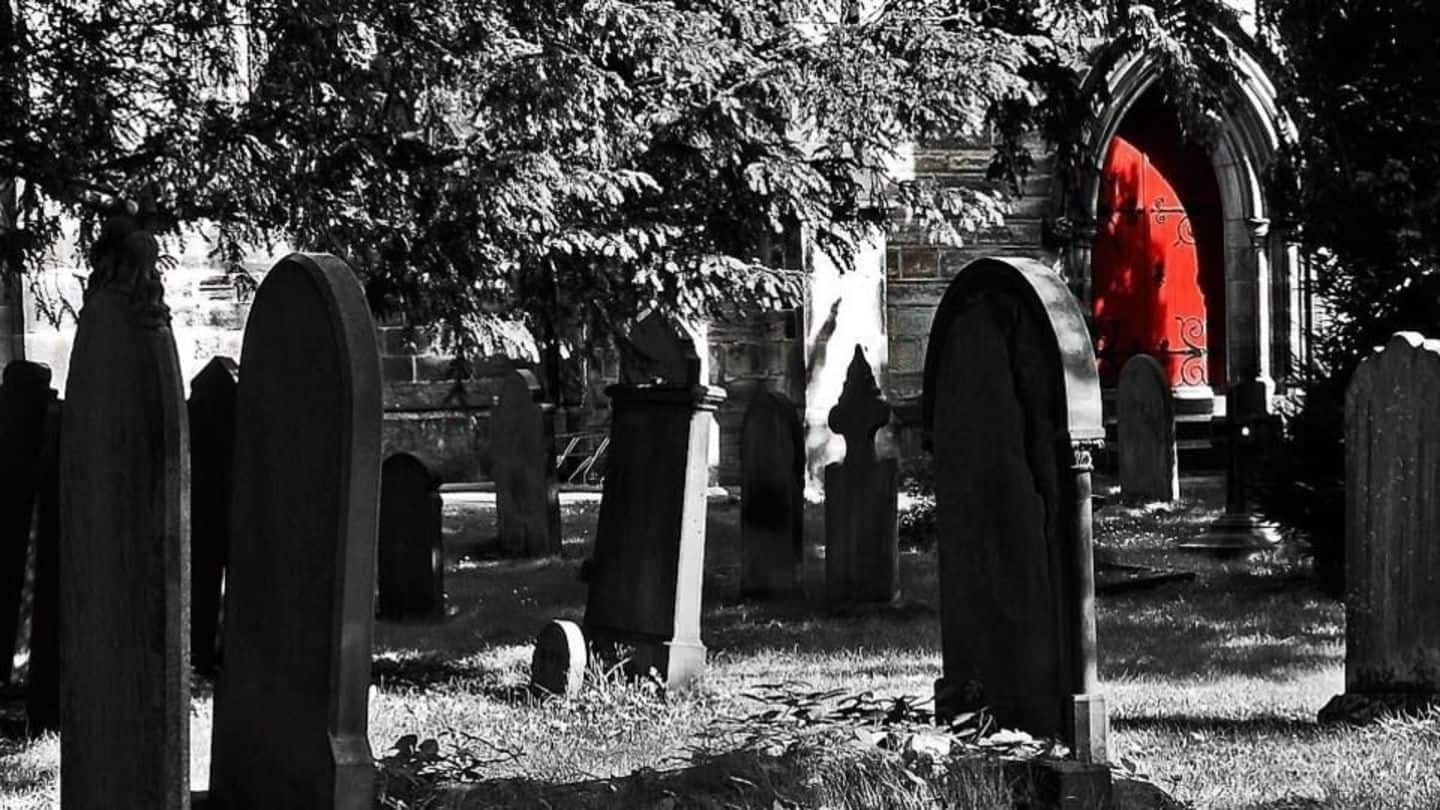
The dead shouldn't be an environmental hazard for the living
What's the story
Talking about death and lifeless bodies is hardly anyone's idea of a coffee table conversation. It may sound unpleasant but human bodies don't exactly do the environment or the living a big favor after being buried or cremated. However, there is a better way, one that handles the remains of the departed in an environment-friendly, practical and proper manner. Here's more.
Burial
What happens when the body is buried?
Prior to burial, embalming is done. Untreated blood gets released back into the world when the embalming liquid, i.e. nine liters of dyed-pink, carcinogenic formaldehyde and various other chemicals, is pushed through the body's vascular system. Once buried, almost half of these chemicals seep out of the body into the surrounding areas and sometimes enter the groundwater, which puts the living at a considerable risk.
Cremation
What happens when it is cremated?
During incineration in a crematorium, an operator opens the door of the chamber and uses a rake to make sure that the entire body is being exposed to the flames. Moreover, the bone dust stuck on the walls from the previous body gets bundled with the present ones. Cross-contamination is inevitable. Open cremations, needless to say, are biohazards and often the damages are irreparable.
Alkaline hydrolysis
Is there a way out?
Alkaline hydrolysis is the way to go, instead of burial and cremation. In a high-pressure chamber, potassium hydroxide is mixed with water, heated to 150°C. Flesh starts melting off the bones, once the body is immersed in this mixture. Everything dissolves back to their original components except the bones. The entire process takes around four hours and poses no adverse impact on the environment.
Goodbye
A proper goodbye
This process is scientific and doesn't breach on the dignity that the dead deserves. While some resist it, as it challenges traditions, others feel it's the right thing to do. As we mull on how we are leaving the earth to our future generations and the threat that our bodies pose after death, this might be the best way to bid goodbye.
Temporary
The timeline is brewing!
The timeline is brewing!